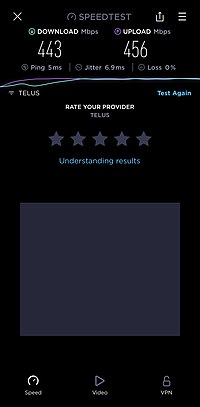
Photo from wikipedia
ABSTRACT Given the importance of survey measures of online media use for communication research, it is crucial to assess and improve their quality, in particular because the increasingly fragmented and… Click to show full abstract
ABSTRACT Given the importance of survey measures of online media use for communication research, it is crucial to assess and improve their quality, in particular because the increasingly fragmented and ubiquitous usage of internet complicates the accuracy of self-reported measures. This study contributes to the discussion regarding the accuracy of self-reported internet use by presenting relevant factors potentially affecting biases of self-reports and testing survey design strategies to improve accuracy. Combining automatic tracking data and survey data from the same participants (N = 690) confirmed low levels of accuracy and tendencies of over-reporting. The analysis revealed biases due to a range of factors associated with the intensity of (actual) internet usage, propensity to multitask, day of reference, and the usage of mobile devices. An anchoring technique could not be proved to reduce inaccuracies of reporting behavior. Several recommendations for research practice follow from these findings.
Journal Title: Communication Methods and Measures
Year Published: 2017
Link to full text (if available)
Share on Social Media: Sign Up to like & get
recommendations!